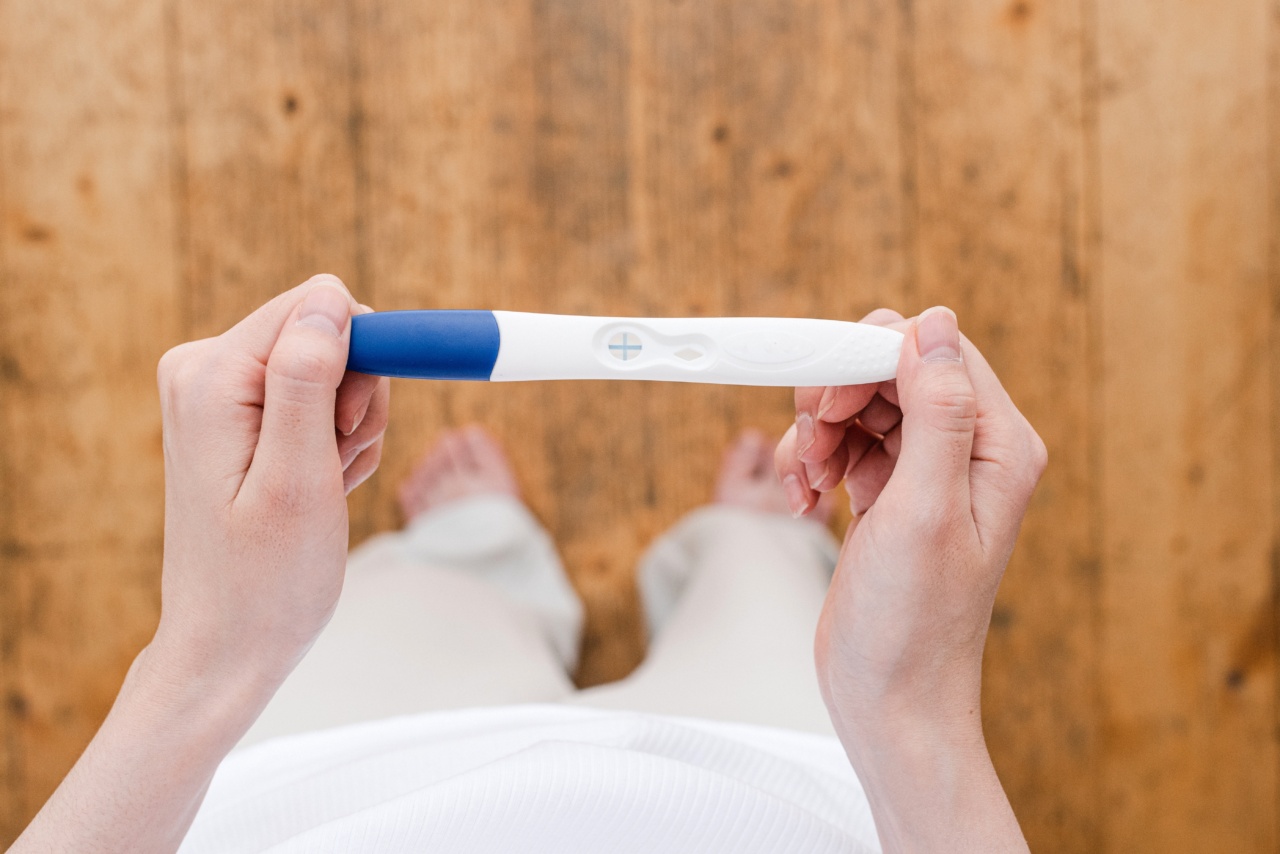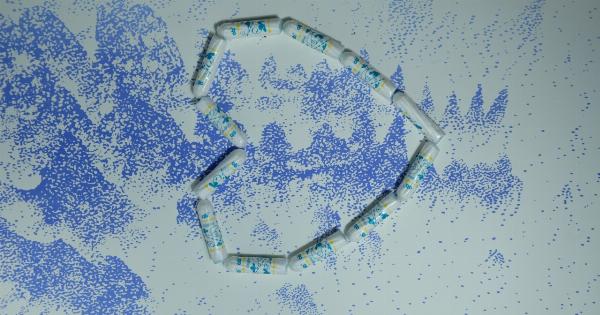Antibiotics are one of the most commonly prescribed drugs in the world. They are used to treat bacterial infections that can cause a wide range of diseases, including pneumonia, tuberculosis, urinary tract infections, and even some forms of cancer.
If your doctor prescribes antibiotics, you may wonder how long it will take for the drugs to start working and when you can expect to see results.
What are antibiotics?
Antibiotics are drugs that kill or slow down the growth of bacteria. There are many different types of antibiotics, and each works in a slightly different way.
Some antibiotics work by preventing bacteria from reproducing, while others destroy the bacteria’s cell walls or disrupt their metabolic processes. Most antibiotics are only effective against specific types of bacteria, so it is important to take them only when they are prescribed for a specific infection.
How do antibiotics work?
When you take antibiotics, they enter your bloodstream and travel to the site of the infection. Once there, they begin to attack the bacteria that are causing the infection.
Depending on the type of antibiotic you are taking and the severity of the infection, you may start to feel better within a few hours or it may take several days before you notice any improvement.
When can I expect to see results from antibiotics?
The length of time it takes for antibiotics to work depends on several factors, including the type of infection you have, the severity of the infection, and the type of antibiotic you are taking.
In general, you should start to feel better within 48 to 72 hours after you start taking antibiotics. If you do not see any improvement within this time frame, you should contact your doctor.
It is important to keep taking your antibiotics even if you start to feel better. If you stop taking them before the entire course is finished, there is a risk that the infection will return and be even more difficult to treat.
Most courses of antibiotics last for 7 to 14 days, although this can vary depending on the type of infection you have.
What factors can affect how quickly antibiotics work?
While most people will start to see improvement within a few days of starting antibiotics, there are several factors that can affect how quickly the drugs work:.
1. Severity of the infection
People with more severe infections may take longer to respond to antibiotics than those with mild infections.
For example, someone with a severe case of pneumonia may take several days to start feeling better, while someone with a mild case of urinary tract infection may start to see improvement within a day or two.
2. Type of antibiotic
There are many different types of antibiotics, and each works in a slightly different way.
Some antibiotics are more effective against certain types of bacteria than others, so the type of antibiotic you are taking can affect how quickly you see results.
3. Age and overall health
Younger people and those who are generally healthy may respond more quickly to antibiotics than older people or those with underlying health conditions.
If you have other medical problems, such as diabetes, heart disease, or cancer, it may take longer for antibiotics to work.
4. Compliance with treatment
It is important to take antibiotics exactly as your doctor prescribes them. Skipping doses or stopping treatment early can make the infection more difficult to treat and may lead to antibiotic resistance.
If you are having trouble remembering to take your antibiotics, you may want to set an alarm or ask a friend or family member to remind you.
5. Antibiotic resistance
Antibiotic resistance occurs when bacteria become resistant to the drugs that are designed to kill them. This can occur when antibiotics are overused or used inappropriately.
If the bacteria causing your infection are resistant to the antibiotics you are taking, it may take longer for the drugs to work or they may not work at all. If your infection does not improve within the expected time frame, your doctor may need to switch you to a different antibiotic.
Conclusion
Antibiotics are an important tool for treating bacterial infections, but it is important to use them appropriately. If your doctor prescribes antibiotics, it is important to take them exactly as prescribed and to not stop treatment early.
While most people will start to feel better within a few days of starting antibiotics, it may take longer for some people. If you do not see improvement within the expected time frame, contact your doctor.




























